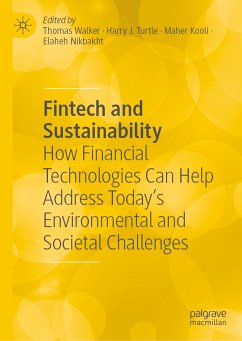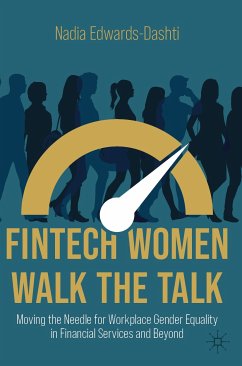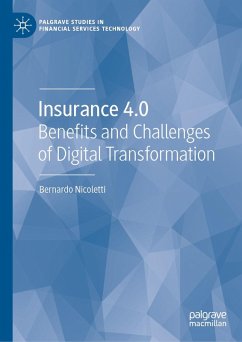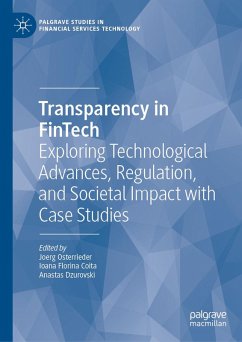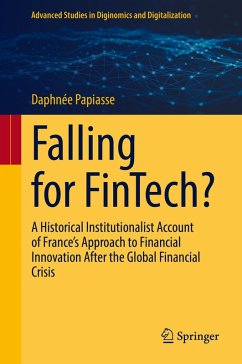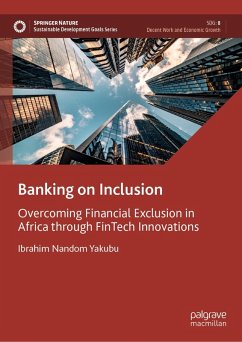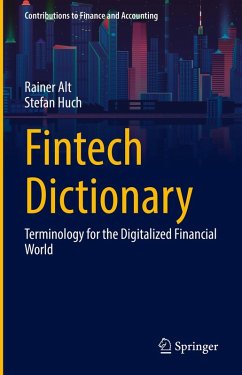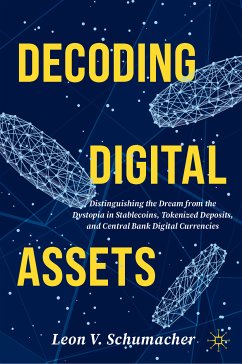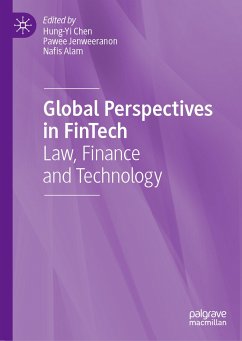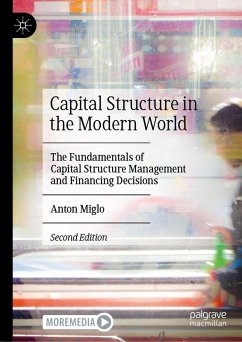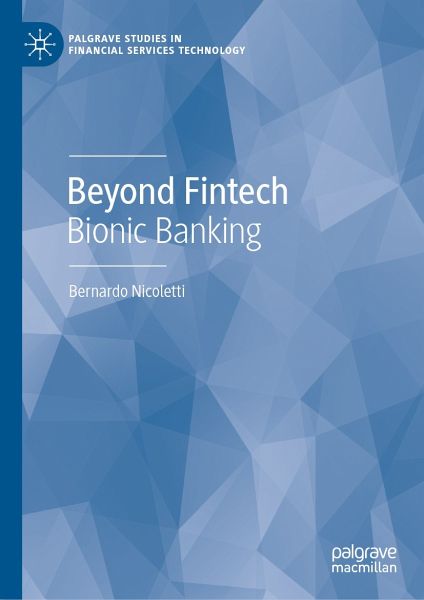
Beyond Fintech (eBook, PDF)
Bionic Banking
Versandkostenfrei!
Sofort per Download lieferbar
Statt: 149,79 €**
104,95 €
inkl. MwSt.
**Preis der gedruckten Ausgabe (Gebundenes Buch)
Alle Infos zum eBook verschenkenWeitere Ausgaben:

PAYBACK Punkte
52 °P sammeln!
Presents the earliest results achieved by already existing bionic banking
Examines and describes each of the ten building blocks ("the ten Ps") that compose the business model canvas
Provides valuable descriptions of real-world business cases of bionic financial institutions
Identifies and proposes research suggestions concerning bionic banking Dieser Download kann aus rechtlichen Gründen nur mit Rechnungsadresse in A, B, BG, CY, CZ, D, DK, EW, E, FIN, F, GR, HR, H, IRL, I, LT, L, LR, M, NL, PL, P, R, S, SLO, SK ausgeliefert werden.



